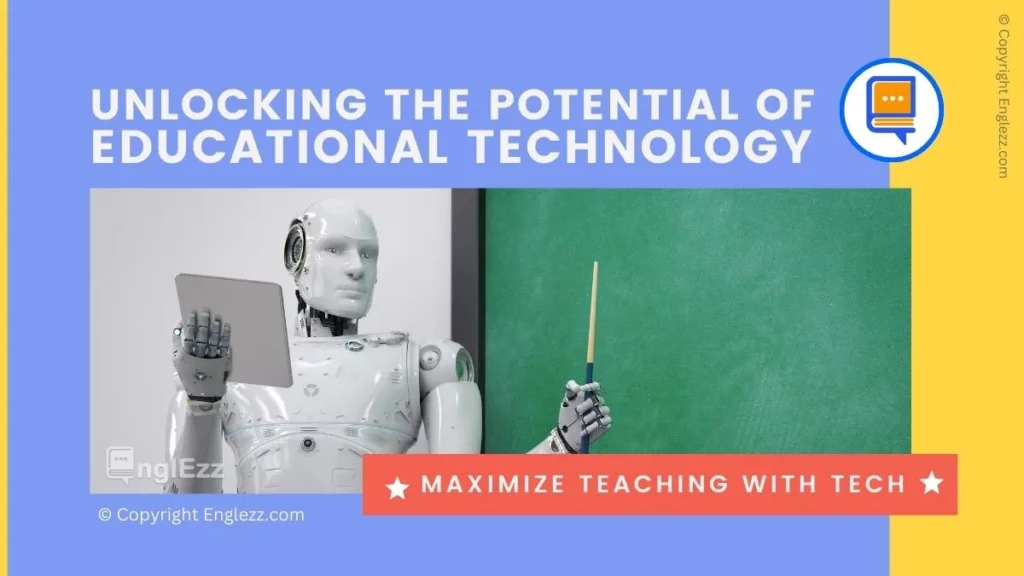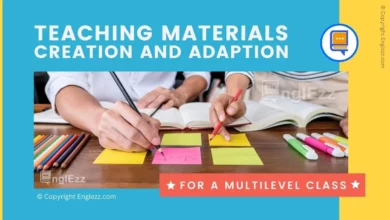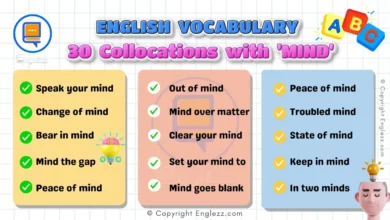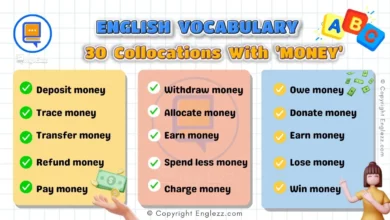Table of Contents
- Introduction:
- Understanding the Role of Technology in Education:
- Assessing the Current Teaching Practices:
- Exploring Tools and Platforms for Teaching with Tech:
- Enhancing Classroom Engagement with Technology:
- Empowering Personalized Learning:
- Embracing Remote and Hybrid Learning Environments:
- Leveraging Data and Analytics for Effective Teaching:
- Addressing Digital Citizenship and Online Safety:
- Overcoming Challenges and Resistance to Tech Integration:
- Professional Development for Tech-Enabled Teaching:
- Evaluating the Impact of Tech-Enabled Teaching:
- Case Studies: Successful Implementation of Tech-Enabled Teaching:
- Conclusion:
Introduction:
The rapid advancement of technology has transformed various aspects of our lives, and education is no exception. Integrating technology in classrooms opens up a world of possibilities for educators, enabling them to maximize teaching effectiveness and engage students in innovative ways. In this article, we will explore the concept of maximizing teaching with tech, highlighting the benefits, tools, strategies, and best practices for educators to leverage educational technology to its fullest potential.
Understanding the Role of Technology in Education:
Educational technology, often referred to as edtech, encompasses the tools, platforms, and resources that enhance teaching and learning experiences. It revolutionizes traditional classrooms by providing interactive, immersive, and personalized learning opportunities. By leveraging technology, educators can cater to diverse learning styles, facilitate collaboration, and prepare students for the digital age.
Assessing the Current Teaching Practices:
Before integrating technology, it is crucial for educators to evaluate their existing teaching practices. Identifying areas where technology can enhance teaching methodologies and improve student outcomes is a key first step. By recognizing the need for innovation and adaptation, educators can embrace technology as a catalyst for positive change in the classroom.
Exploring Tools and Platforms for Teaching with Tech:
A wide range of educational technology tools and platforms are available to support teaching and learning. These include interactive whiteboards and presentation software that promote dynamic and engaging lessons. Learning management systems and online collaboration tools provide avenues for efficient content delivery, student assessment, and collaboration among students.
Enhancing Classroom Engagement with Technology:

One of the major advantages of technology in education is its ability to increase student engagement. Gamification techniques, interactive learning experiences, and digital storytelling can transform traditional lessons into captivating and immersive experiences. By incorporating multimedia presentations, educators can cater to diverse learning preferences and enhance comprehension.
Empowering Personalized Learning:
Technology enables educators to provide personalized learning experiences tailored to individual student needs. Adaptive learning platforms and personalized assessments use data-driven insights to adapt content and pace according to each student’s strengths and weaknesses. This personalized approach promotes self-paced learning and maximizes student achievement.
Embracing Remote and Hybrid Learning Environments:
Recent times have highlighted the significance of technology in facilitating remote and hybrid learning environments. Video conferencing and virtual classrooms enable educators to connect with students regardless of physical location. Online resources and asynchronous learning opportunities provide flexibility and accessibility to students, ensuring continuous learning outside traditional classroom settings.
Leveraging Data and Analytics for Effective Teaching:
Data and analytics play a crucial role in tech-enabled teaching. Educators can collect and analyze student data to gain insights into individual performance and overall trends. This data-driven approach allows educators to make informed instructional decisions, identify areas for improvement, and provide targeted interventions to support student progress.
Addressing Digital Citizenship and Online Safety:
As technology becomes more prevalent in education, it is essential to teach students responsible digital citizenship skills and promote online safety. Educators should emphasize ethical and responsible technology use, instilling critical thinking and cybersecurity awareness to protect students from potential online risks.
Overcoming Challenges and Resistance to Tech Integration:
Integrating technology in education can present challenges, including resistance from teachers and students. Educators must address concerns and provide training and support to ensure successful adoption. By building a supportive learning culture and showcasing the benefits of educational technology, resistance can be overcome, and a collaborative environment can be fostered.
Professional Development for Tech-Enabled Teaching:
Ongoing professional development is crucial for educators to effectively leverage educational technology. Training programs, workshops, and resources should be made available to empower educators with the necessary skills and knowledge to integrate technology seamlessly. Collaborative learning communities and sharing best practices can also foster a culture of continuous improvement.
Evaluating the Impact of Tech-Enabled Teaching:
In order to comprehensively assess the impact of incorporating technology into teaching, it is crucial for educators to actively seek feedback from both students and colleagues. By actively engaging in the collection and analysis of various metrics such as student engagement levels, academic performance indicators, and teacher satisfaction, educators can effectively gauge the overall effectiveness of integrating technology in the classroom.
This valuable data-driven approach not only helps in identifying areas for improvement but also ensures that teaching practices continuously evolve and align with the ever-changing needs and aspirations of students.
Case Studies: Successful Implementation of Tech-Enabled Teaching:
When it comes to understanding the true potential and benefits of integrating educational technology, examining real-world case studies of schools or districts that have successfully embraced these advancements becomes invaluable. These case studies not only inspire but also offer profound insights into the positive impact technology can have on student engagement, academic performance, and overall learning experiences.
By delving into these practical examples and the lessons learned from them, educators gain a wealth of knowledge and a broader perspective to consider when navigating the realm of educational technology. Such comprehensive exploration fosters a deeper understanding of effective implementation strategies and paves the way for transformative educational practices that empower students and enhance their educational journeys.
Conclusion:
Maximizing teaching with tech presents a world of opportunities for educators to enhance student engagement, promote personalized learning, and prepare students for the digital future. By understanding the role of technology in education, exploring tools and platforms, addressing challenges, and embracing data-driven insights, educators can unlock the potential of educational technology and create transformative learning experiences.
With the right strategies, training, and support, educators can empower their students and maximize teaching effectiveness in the digital age.









#EdTechAdvancements #TeachingWithTechnology #DigitalLearningSolutions #FutureOfEducation #TechIntegration #EducationTransformation #InnovativeTeaching #EmpoweringEducators #TechInEducation #EnhancingLearning #EducationTechnology #DigitalClassroom #TechSavvyTeachers #StudentEngagement #EdTechTools #DigitalEducation #TransformingTeaching #TechForLearning #EducationalInnovation #VirtualLearning #AdaptiveLearning #EducationRevolution #TechInnovation #TeachingMethods #EdTechTrends #EducationEmpowerment #BlendedLearning #TechEnabledTeaching #LearningExperience #ModernEducation #EdTechAdvancement